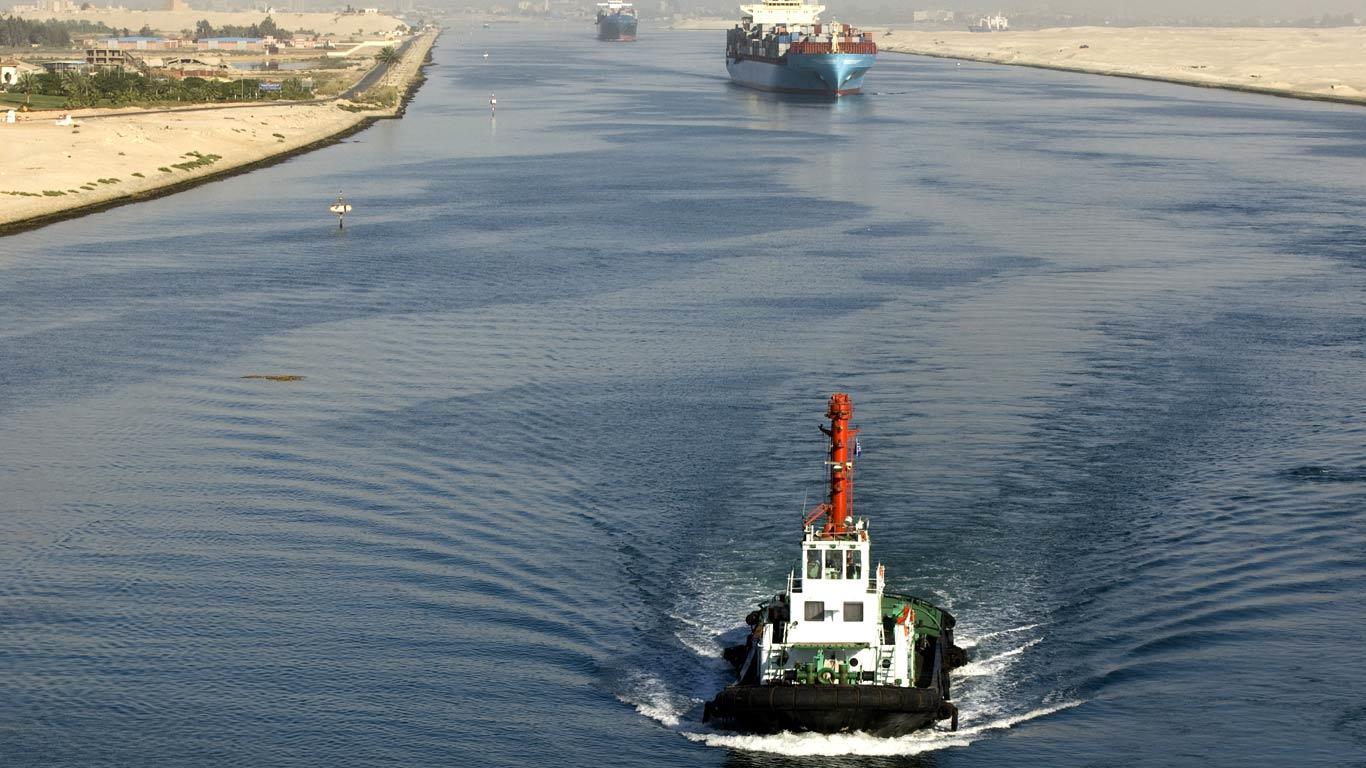
Suez Canal Crisis: Major Shipping Lines Reroute, Impacting Indian Trade
A recent report by credit ratings agency Ind-Ra highlights the substantial impact on freight and forwarding (F&F) costs, estimating a potential increase of 25-30 per cent for corporate entities heavily involved in international trade.
The extended disruptions in the Red Sea route are expected to elongate the working capital cycle by 15-20 days, posing significant challenges, particularly for sectors like agriculture and textiles.
The report emphasises the strain on cash flow, anticipating a rise in borrowing, especially for industries such as iron and steel, auto manufacturing, chemicals, and textiles.
While larger entities may have some flexibility to absorb these costs, delays in supply chains remain a crucial concern.
Soumyajit Niyogi, Director of the Core Analytical Group at Ind-Ra, notes the dual challenge faced by medium-sized entities-increased costs and disruptions in the supply chain, further impacting the working capital cycle.
Freight rates have surged by 150 per cent over the past 45 days in response to these changes, with the Suez Canal route historically constituting a significant portion of total oil imports and exports.
Rerouting through the Cape of Good Hope adds 12-15 days to voyages, amplifying operational costs and insurance expenses.
Ind-Ra underscores that while such disruptions have been temporary in the past, the current geopolitical landscape suggests a prolonged resolution.
Approximately 20-25 per cent of India's foreign trade relies on the Suez Canal, affecting crucial sectors like crude oil, automotive, chemicals, textiles, and iron and steel.
On the export front, Indian businesses face higher shipping costs and reduced volumes, particularly impacting small and medium-sized enterprises dealing with low-value products.
Meanwhile, importers grapple with inflated costs for essential commodities like crude oil, fertilisers, and electronic components, contributing to higher landed prices and inflationary pressures across the economy.
The shift in shipping routes due to ongoing disruptions in the Suez Canal poses significant challenges for Indian exporters and importers alike.
With increased costs, extended supply chain delays, and inflationary pressures, businesses must adapt to navigate these turbulent waters effectively.
(KNN Bureau)
Legal Disclaimer:
MENAFN provides the
information “as is” without warranty of any kind. We do not accept
any responsibility or liability for the accuracy, content, images,
videos, licenses, completeness, legality, or reliability of the information
contained in this article. If you have any complaints or copyright
issues related to this article, kindly contact the provider above.

















Comments
No comment